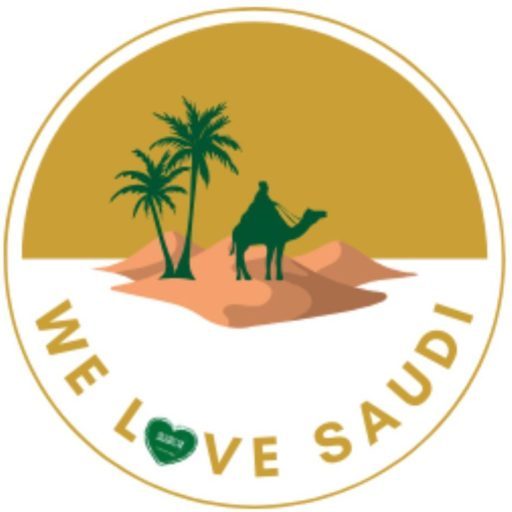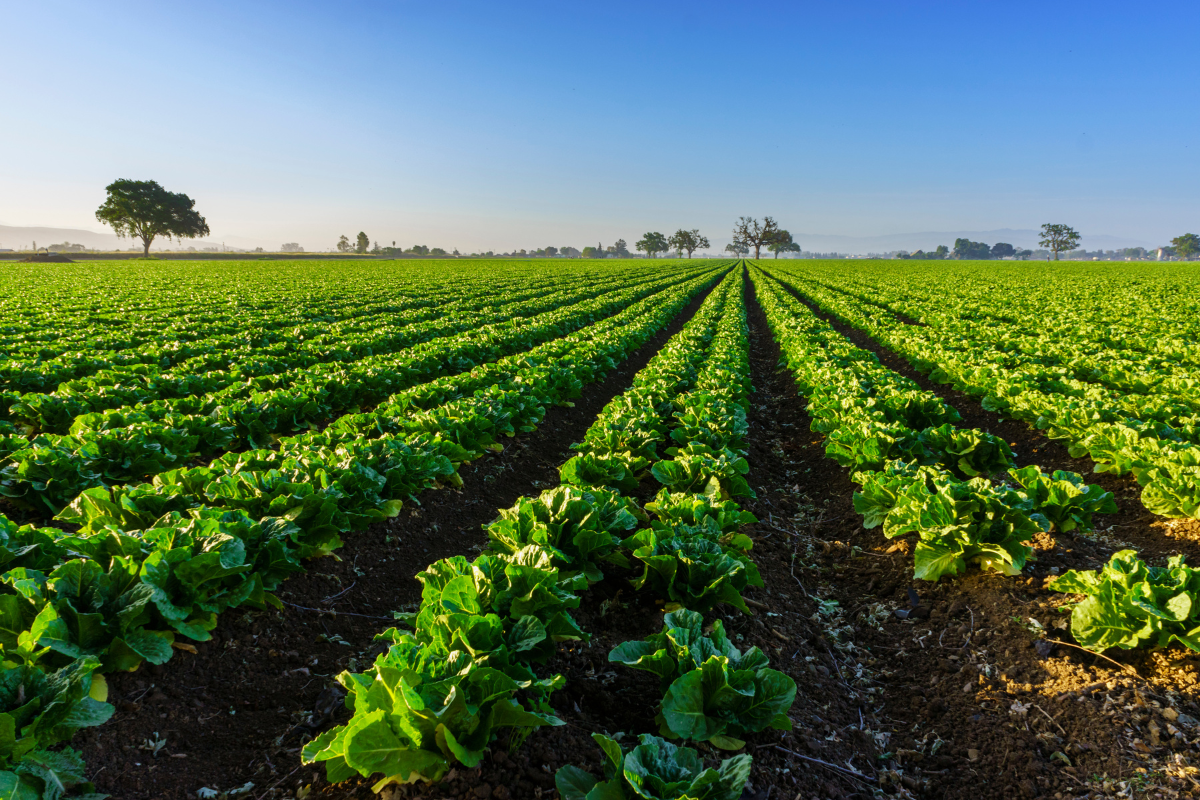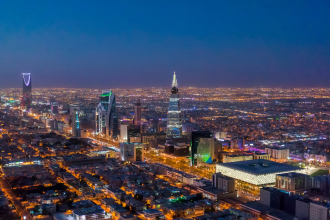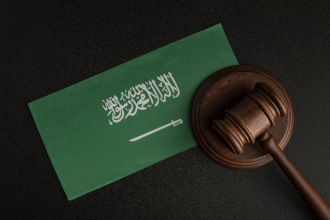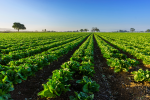Organic farming is no longer a niche in Saudi Arabia, it’s becoming a key part of the country’s agricultural future. As more people look for healthier, cleaner food options and sustainability becomes a national focus, organic farming in Saudi Arabia is growing fast.
The Rise of Organic Farming in Saudi Arabia
Saudi Arabia’s agricultural sector has historically faced challenges such as water scarcity, arid soil, and import dependency. However, with the introduction of sustainable farming techniques and growing consumer awareness, organic farming Saudi Arabia is entering a new era.
Government-backed programs like the Saudi Organic Farming Action Plan, launched by the Ministry of Environment, Water and Agriculture (MEWA), aim to promote organic cultivation practices, support local farmers, and reduce the Kingdom’s reliance on imported produce. The initiative includes:
-
Financial subsidies for organic certification
-
Technical training for farmers
-
Support for market access and branding
According to MEWA, the total area of certified organic farms in Saudi Arabia has increased by over 30% since 2020, reflecting both growing supply and demand.
What’s Driving the Demand for Organic Products?
-
Healthier Lifestyles
People in cities like Riyadh and Jeddah are choosing food that’s free from chemicals, preservatives, and GMOs. -
National Sustainability Goals
Organic farming uses fewer chemicals and saves water, which supports Saudi Vision 2030 and its sustainability targets. -
E-commerce and Retail Expansion
You can now find organic products in major supermarkets and online platforms like Carrefour, Danube, and Nana Direct, making them more accessible than ever.
Organic Farming Trends in the Kingdom
Saudi Arabia is seeing exciting trends in organic agriculture, such as:
-
Organic Date Farming – With dates being a national staple, many farms are now growing organic varieties.
-
Urban Organic Gardens – Small rooftop and indoor gardens are popping up in cities as smart, sustainable solutions.
-
Organic Poultry and Livestock – Interest is growing in antibiotic-free meat and dairy options.
-
Export Potential – The Kingdom is exploring ways to export its high-quality organic products to nearby and global markets.
Business Potential for Investors and Entrepreneurs
Organic farming is no longer a side initiative, it’s a scalable, investable sector. Here’s why:
- Growing Market Gaps – There’s room for growth in areas like organic baby food, plant-based items, and herbal products.
- Government Support – Investors can access land, financial incentives, and long-term partnerships for organic projects.
- Higher Profits – Organic products often sell for 20–40% more, making them profitable for producers and retailers.
For entrepreneurs, there’s potential across the value chain—from farm-to-shelf. Whether it’s launching a certified organic brand, starting a niche produce farm, or developing agri-tech solutions for organic compliance, the space is wide open for innovation.
With Saudi Arabia advancing its economic diversification plans and prioritizing food security, organic farming is emerging as a vital pillar of the country’s agricultural future. Backed by growing consumer demand, supportive regulations, and a collaborative ecosystem, the sector is well-positioned for long-term growth.
For businesses in food production, retail, sustainability, or agri-investment, now is an ideal moment to tap into the expanding opportunities within Saudi Arabia’s organic farming landscape.
